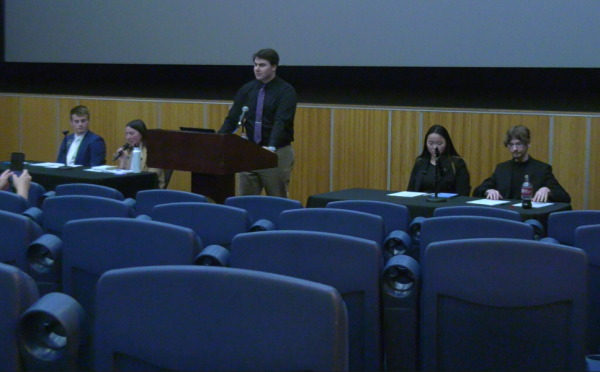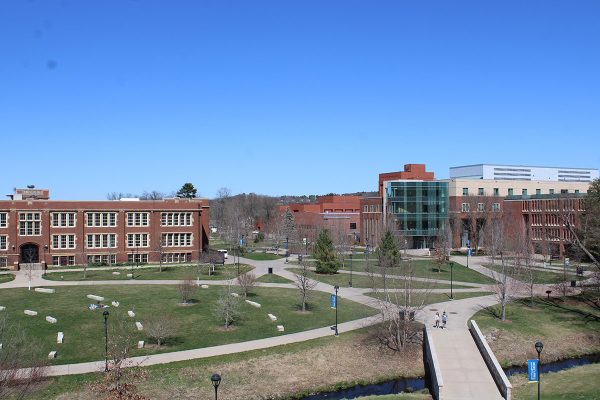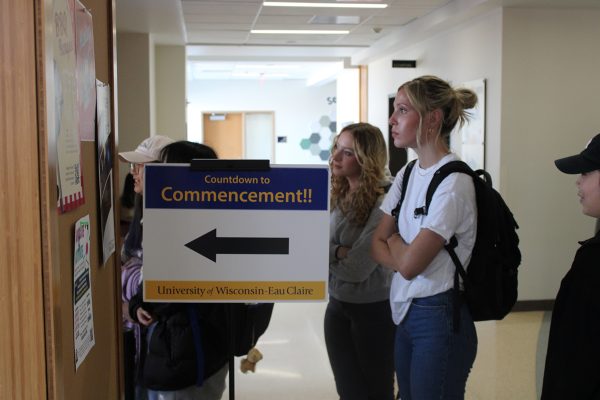A juggling act worth the effort
With more employers using their internship programs to recruit new employees, having internship experience is becoming more essential to many students. Over 40 percent of employers hire directly from their pool of interns, according to UW-Eau Claire Career Services.
More students than ever are participating in internships, Staci Heidtke said, associate director of Career Services.
According to a survey completed by the organization, 54 percent of 2011-2012 graduates reported completing one or more internships.
Some students are choosing to work as interns during the semester as opposed to during breaks from school. Doing the two together helps connect classroom knowledge with real world experience, Heidtke said.
“Students tell me that the theories can be put into practice while interning,” Heidtke said.
Heidtke said students need to consider their overall workload before committing to both school and an internship at the same time. Class workload varies from student to student, as does the number of credits taken.
“Students should take on internships, as well as other high impact experiences like student-faculty research to the extent that they can capably manage it all,” Heidtke said.
For the past two years, the first day of school has been one of the busiest days April Heinzen, a senior public relations major, can remember. While other students were slowly settling into the flow of another semester, Heinzen’s day was a flurry of class followed by an event she worked at for her internship at the Chippewa Valley Youth Symphony.
As a student working two on-campus jobs and an internship on top of 16 classroom credits, Heinzen said everyday life can get hectic. Heinzen spends anywhere from five to 10 hours a week at the CVYS office and another 10 doing work outside the office. She is also the concert chair for the UAC, writes press releases for the student senate, works the front desk of Sutherland Hall and is involved with the university festivals committee.
It is important for students to realistically think about how much responsibility they can take on before committing to an internship on top of school and other responsibilities, Heinzen said.
“It’s about knowing your limits and sacrificing whatever it has to be, time with your friends, sleep to be able to do it,” she said. “The ability to multitask and prioritize is huge because that’s our world.”
Some majors require an internship for graduation. Such is the case for Rachel O’Neil, a senior social work major. She is spending her last semester working eight-hour shifts, four days a week at the Chippewa Falls Family Support Center. O’Neil is also involved with a sorority on campus and works two other jobs. Her internship, however, is her top priority, she said.
“The social work program encourages us to treat it like it is a real job,” she said.
O’Neil said she would urge students to work as an intern during the school year, as long as it is manageable to them.
“I think it gives us a good idea of what a full-time job is like while having other responsibilities,” O’Neil said. “I
encourage it in the sense that I think internships are so valuable as long as you don’t lose sight of what that internship means along with school.”
Even if it means giving up a day of hanging out with friends or staying in on a night you would rather be out, internships are an experience necessary for a career after graduation, O’Neil said. It is a way to build relationships with professionals willing to write recommendations and be a reference. Those benefits, O’Neil said, are assets to students in the long run.










